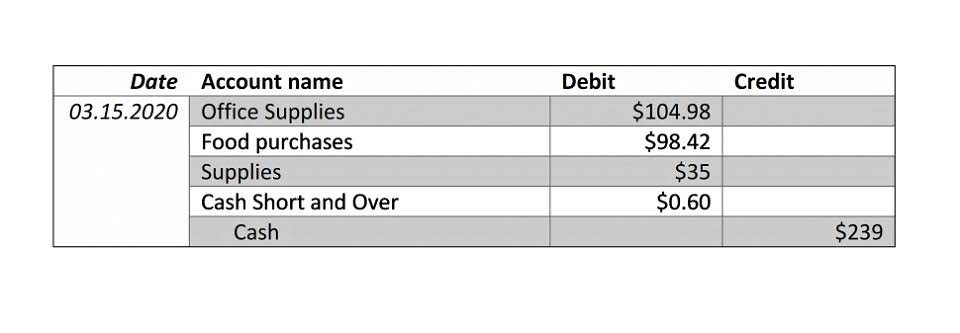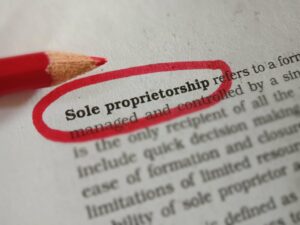
The 2021 Legal Trends Report also notes 78% of consumers say lawyers should adopt pricing and payment models to make legal services more affordable. While these alternative billing arrangements help meet client demand, billing can become very complex for your law firm if you’re still using traditional paper billing workflows. Because all the important information is stored in one place instead of spread across paper and electronic documents, it’s much quicker and easier to keep track of all your different legal accruals.

Law Firm Legal E-Billing: Enhancing Efficiency and Transparency
As with any business, your law firm depends on sound billing and accounting practices… Mobile applications, including those designed for iPads and Accounting for Churches other tablets, have become essential for lawyers on the move. For example, an iPad invoice app would allow you to generate and send invoices directly from your portable device — billing workflows that keep up with your busy pace. This mobility is crucial for lawyers on the move, whether in court, at client meetings, or working remotely. Legal operations professionals should determine early on in a vendor relationship the type of LEDES format preferred. Outside counsel can accommodate that request so that the company can easily comply with tax and regulatory factors.
Hidden Costs
With case management features, you get secure, unlimited document storage and sharing, legal calendaring with integrations to Google and Microsoft Outlook, and workflows to automate your repeated tasks. Choose the Essentials plan if you don’t mind handling billing yourself and have simple reporting needs. Discover how the LeanLaw’s accounting tools automate the trust accounting process in a few simple clicks and get started with your law office. Additionally, adapting to client-specific billing guidelines within the e-billing framework can be challenging, requiring customisation and ongoing updates.
- Imagine asking your e-billing platform which law firms are resourcing your matters most efficiently and getting an immediate answer, not a report.
- In this guide, we’ll explain what legal e-billing is and the benefits it can provide for in-house teams.
- While the billable hour is still the norm, many law firms are also adopting alternative billing arrangements.
- Thanks to advancements in technology, law firms can easily leverage legal software to save time, improve invoice accuracy, and offer a client-centered billing experience.
- Other major benefits of using the cloud are real-time updates and backups, which safeguard against data loss and ensure you’re always looking at the most recent information.
Make Data-Driven Decisions
- While there are still many PDFs in use for invoice submission and in legal e-billing software, the LEDES format is taking precedence.
- If you want your legal practice to be as successful as possible, you need an effective billing process.
- User permissions help prevent sensitive information from being exposed by human error or malicious intent.
- Organizations are recommended to conduct self-assessments to determine the likelihood of being designated by the Regulating Authorities.
Dedicated legal billing software can alleviate a lot of headaches and allow you to capture more billable hours. Cloud-based solutions let you log hours and manage cases from anywhere, keeping up with the way you work. Forbes Advisor rated and reviewed some of the most popular legal billing software options available to help cash flow you decide which one is right for your practice. Though some legal departments may already be familiar with e billing and how significantly it can impact a law firm’s entire billing process, many law firms are still trying to play catch-up and get up to speed on how exactly e billing works.
What Type of Software Do Law Firms Use for Effective E-Billing?
Technology and legal e-billing software continues to evolve, integrating AI and large language models to automate bill review. The future outlook of the e-billing landscape includes real-time collaboration between legal ops teams and outside counsel and mobile-friendly e-billing software interfaces. More and more, data analytics capabilities will provide spend management opportunities, and this will create even more cost-cutting in the legal department budget. As Jack Newton explores in his book The Client-Centered Law Firm, today’s legal clients expect law firms to prioritize the client experience.
Saves time and reduces human errors

One best practice in using legal e-billing software is to create standardized invoice templates. Regardless of your firm’s size and the client base you serve, having a single, consistent layout for bills will make processing easier and streamline your account substantially. LawPay offers this standardization while also allowing you to create customizable invoice templates and payment pages. EBilling systems are software solutions designed to digitise the billing and invoicing process between legal departments and their external counsel. These systems serve as a centralised platform where invoices are submitted, processed, and analysed.
The Benefits of Detailed eBilling for Legal Departments
With a 26% discrepancy between accrual estimates and the amounts actually invoiced by law firms, using a legal e-Billing solution to close that gap can save your company thousands. Automated billing and approval processes improve “process development and project management,” which were listed as the primary job responsibilities for legal ops members in 2021. With this automation, individual legal ops members are no longer responsible for manually moving legal ebilling invoices to the next stage. As soon as a reviewer signs, the e-Billing solution passes it along to the next appropriate party. These streamlined workflows greatly reduce silos and delays as well as lengthy back-and-forth communication to determine invoice statuses.

CARET Legal Software
Enterprise legal management software features an integrated and unified workspace for all the primary software the legal department needs to operate seamlessly. Matters are launched into the platform, and all e-billing activity follows in the financial management dashboard. LEDES files are incorporated into the legal e-billing solution, creating efficiencies for the legal department to manage billing and invoice review automatically within the enterprise legal management software. With Clio Manage (case management and billing), you can organize everything you need to know about matters, including notes, contact information, documents, tasks, time tracking and invoices. Clio even integrates with word processing software, so you can create and edit docs with familiar programs and save them to Clio with one click. Essentially, legal e-billing refers to the use of electronic systems to manage the billing and payment processes between law firms and their clients.

